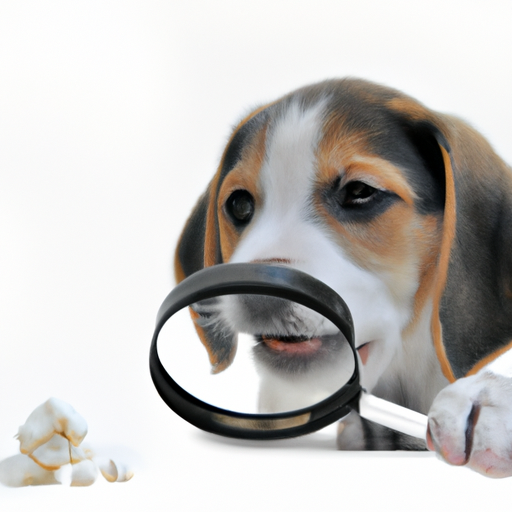As a caregiver to a puppy, you may wonder, “do puppies lose all their teeth?” The answer is, yes, they do. Just like humans, puppies go through a process known as teething. This article will guide you through the process, what to expect, and how to care for your puppy during this time.
Understanding Puppy Dental Development
Puppies are born without teeth. While it may be hard to imagine your tiny furball chewing on a toy or eating solid food, that day will come sooner than you think.
Around three weeks of age, your puppy’s first set of teeth, known as deciduous or puppy teeth, begin to appear. By eight weeks, most puppies have a full set of 28 teeth.
Table 1: Puppy Dental Development Timeline
| Age | Dental Development |
|---|---|
| Birth | Born without teeth |
| 3 weeks | First set of teeth appear |
| 8 weeks | Full set of 28 teeth |
The Teething Process
Around three to four months of age, your puppy will begin to lose these first teeth. The teething process can be uncomfortable for your puppy, displaying signs such as excessive chewing, drooling, and even a slight fever.
Adult Teeth Emergence
As the puppy teeth fall out, adult teeth will begin to take their place. By the time your puppy is six to seven months old, he or she should have a full set of 42 adult teeth.
Caring for Your Teething Puppy
Caring for a teething puppy can require a little extra patience. Here are some tips to help you:
- Provide Chewing Toys: This will not only soothe your puppy’s gums but also protect your belongings from becoming chew toys.
- Feed Soft Foods: During this time, your puppy’s gums can be sensitive. Feeding soft foods can help alleviate discomfort.
- Regularly Check Your Puppy’s Mouth: This will allow you to monitor the progress and spot any potential issues early.
Potential Dental Issues
Despite the fact that losing teeth is a normal process for puppies, there are some potential issues you should be aware of:
- Persistent puppy teeth: Sometimes, a puppy tooth doesn’t fall out and the adult tooth grows in alongside it. This can cause problems and may need to be removed by a vet.
- Broken teeth: If your puppy is a particularly aggressive chewer, they can break a tooth. This can lead to pain and infection.
The Importance of Dental Hygiene
Maintaining good oral hygiene for your puppy is essential. Regular brushing, using dog-friendly toothpaste, can help prevent tartar build-up and gum disease.
When to Consult a Vet
If you notice anything unusual – such as bad breath, excessive drooling, or signs of pain – don’t hesitate to consult your vet.
Frequently Asked Questions
Q: How long does the teething process last?
A: The teething process varies but typically lasts between three to four months.
Q: Can I brush my puppy’s teeth during teething?
A: Yes. In fact, this is a good habit to start early. Just be gentle to avoid causing discomfort.
Q: What can I give my puppy to chew on?
A: There are many puppy-friendly chew toys available. Avoid hard materials that could harm your puppy’s teeth.
Q: What should I do if my puppy has bad breath during teething?
A: Bad breath can be a sign of an infection. It’s best to consult your vet if you notice this.



